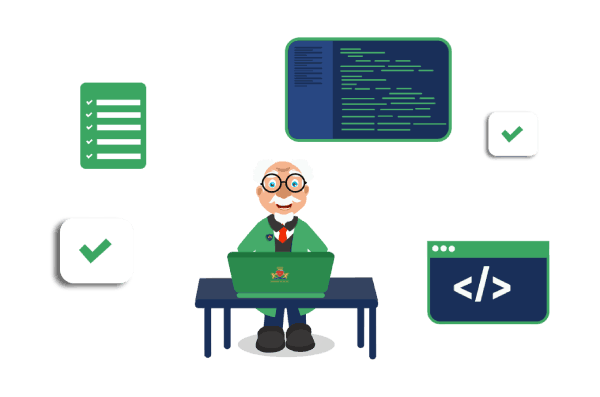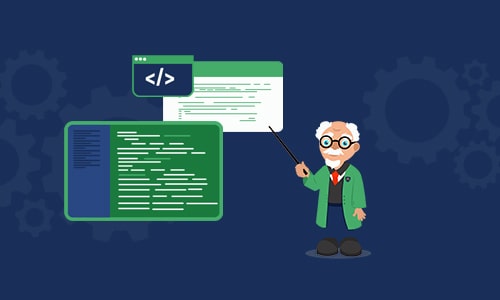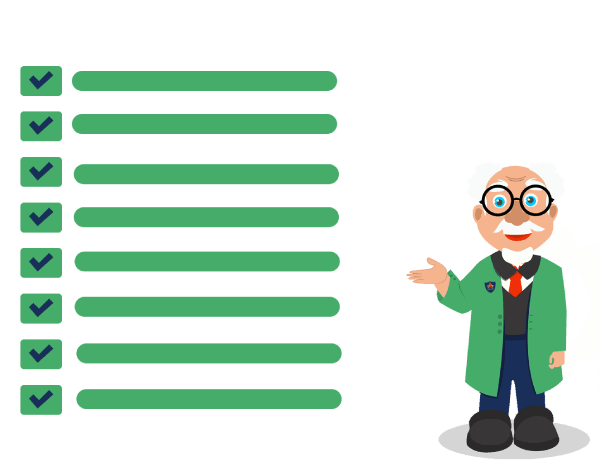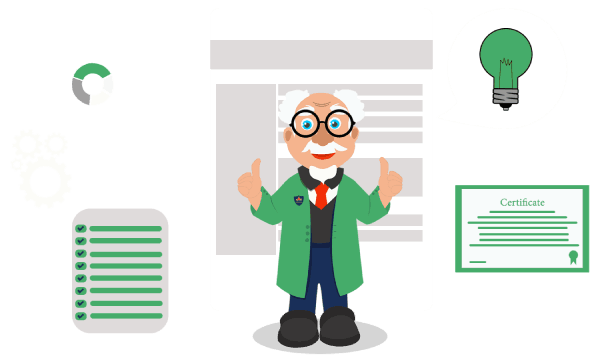This project will be carried out in steps. Each step teaches students a specific aspect of the subject and development paradigm. Following are the steps students will follow to complete this project.
Step 1: Project Introduction Self Study [6 days]
In the first step, students will learn about the financial industry and review the project introduction documentation to build up the subject knowledge. This is a self-learning stage; however, instructor hours are available if required.
Step 2: Project Build-up and Environment Setup [2 days]
In this step, students are required to follow the project guide to set up the development environment. The project document guides students to find and connect to the LSET Git repository and install the necessary libraries or tools.
Step 3: Product Backlog and Sprint Planning [2 days]
In this step, students will use the existing product backlog and enhance it per their project scope. Students can seek help from the project coordinator and the instructor. The project coordinator will help students do sprint planning and assign story points to the stories. This process is meant to give students real-world work environment experience. Students can consider this a mock exercise on agile project management practices.
Step 4: User Stories Execution and Development [12 days]
Students will work on the user stories identified in the Step 3 process in this step. Students will write code and algorithms to complete the development objectives. The project coordinator will be available to help students to guide them on the development and answer any questions they may have. Students can also discuss this with the instructor.
Step 5: Testing, Deployment and Completion [5 days]
In this step, students will test and deploy the application to the cloud environment. Students will experience the deployment process in the cloud and learn the best practices. After the successful deployment, students will present their project to the instructor and the external project reviewer. Feedback will be given to the students. Students will have one week to work on the feedback and submit the final copy of the project, which will be sent to the external examiner for evaluation.












